A daughter of two Cuban immigrants with little education, Judge Jacqueline Becerra was destined to fulfill her mother’s dream of becoming a lawyer, and now, she has been confirmed to serve on the U.S. District Court for the Southern District of Florida
Growing up in Hialeah with two sisters, Judge Becerra was always determined to do well in school. She graduated from the University of Miami in 1991, and then later from Yale law school in 1994. She went on to work with the U.S. justice department.
The following interview has been edited and condensed for clarity.
– Who was your role model growing up?
Growing up, one of my biggest role models was my grandfather. He was my mother’s dad, and he came from Cuba as a refugee after the Cuban revolution. He did not speak any English, and he didn’t have much of an education. I believe that he only completed fifth grade in Cuba, but he was still one of the smartest people I knew. He always pushed me to study and do well in school. He taught me basic math skills, and how to read and write. He inspired my love for learning.
– What inspired you to become a judge?
At first, I was inspired to go into law. The person who inspired me was Sandra Day O’Connor, who was the first woman to be appointed to the Supreme Court. There were no lawyers in my family, and I did not really have an understanding of what it was like to be a lawyer, but everyone in my family always told me that I would make a great lawyer when I was little because I would always argue with my parents, and they would always joke and say, “Stop arguing! You are not a lawyer.” So I thought, ‘Well, I’ll show them. I’ll be a lawyer.” My mother would have been a lawyer in Cuba had the revolution not happened. My mother and grandfather both shared a hope that I would be able to accomplish their dreams that they had not been able to fulfill, and I thought that being a lawyer would be the thing to do just that.
– Were your parents very encouraging?
My parents were Cuban immigrants who came to this country when they were 19. My father had some family here, including his siblings, who were able to come after the revolution, and my mother had some uncles and aunts, though most of her family stayed behind. My parents weren’t very educated. My father was able to finish high school, while my mother wasn’t even able to complete middle school. They are hard-working people who believe that education is important because of its permanence, and it is special to people like them, who had to leave everything behind. They have always taught me that education is something no one could ever take away from you.
– What was a case that was particularly challenging or significant for you?
It’s hard to talk about one because I have done a lot of different things as a lawyer. When I graduated, I went to work with the justice department, and I handled cases on behalf of the government all over the country. These cases were intellectually challenging and very interesting. Then, I became a prosecutor in Washington, and, later, in Miami. I handled a lot of street crimes, which were difficult to prosecute, and I handled homicide, as well as drug organizations. After that, I went to a private practice for 15 years. After 25 years as a lawyer, it is kind of hard to point to one case that has been challenging, as there have been so many that I don’t even know where to begin. In each of those jobs, I had work that was challenging and different.
– What has been the most rewarding aspect of your career in the judiciary so far?
To be on the bench, because it’s such an important opportunity to serve my country. It will certainly be the most rewarding aspect of my career.
– What are your aspirations and goals for the future in your judicial career?
Being a district court judge is it, as it is a lifetime appointment. This is what you aspire to do when you become a judge, and I am excited to commence this new stage in my life. This is obviously going to be the last job that I will ever take, but it is one of the biggest ones I could ever have.
– What advice do you have for someone new to the profession?
To find your passion, and something that you love. People who are educated in this country are people of great privilege. It is such a great privilege to be an American. People have the moral obligations to make a difference, in whatever ways they can. Sometimes, you don’t know which path you are going to follow, but you have to make sure that it is something that you love to do. It is hard to put in the work when you don’t love what you’re doing.
– Why should individuals better educate themselves about the legal system and their rights?
People have a civic obligation to understand our legal system because it’s foundational to our democratic state. You will have civics education in school, but it is important, whether you want to be a lawyer or not, to be educated on the law because all of us who are U.S citizens will at some point in our lives be jurors, whether in a civil case or a criminal case. At some point, we will all be a part of the legal system, so it’s important to know about it. It’s important to read and stay up on current events because so much of what’s happening in the world intersects with the legal system. Even just doing those two things that I said–paying attention in your civics education at school and reading current events can take you so far.
– What a lesson you have learned from your experiences, both successes, and setbacks?
I have learned that at the end of the day, there are people with great, raw, natural talent. There are great writers, great readers, great tennis players, and great golfers, but that natural ability does not get you very far once you get out into the real world. It can only take you so far, but that disappears quickly once you get into college. It divides the people who really do well, not just in their careers, but in making a difference. The successful people are set apart from the average ones by the amount of hard work that they put into whatever it is that they are doing. Successful people are the ones who are willing to take a loss, and after losing, willing to go back and see where they messed up, in order to learn from their mistakes. People who try to be better even when they are good, and people who try to be good when they are wrong are the real “winners” of the world.
– Have you ever encountered any discrimination towards women in your courtroom?
I see it in my courtroom all the time with the number of women lawyers who appear before me compared to men. Even though women outnumber men in college, and more women go to law school than men, when it comes to being in court, and when it comes to big cases, women certainly do not have the kind of representation that they should have. We see it all the time. We have several big cases with tons of lawyers, and there are either no women, or one woman in the case, and I would say that in civil cases, about half the time, I am the only woman in the courtroom. There is still lots of work to do in the legal profession for women, as we are nowhere near where we need to be, and we are never going to get there unless women keep helping each other and moving the ball forward. Luckily, for college and law school, things are much better for women today than they were for me and the generations of women before me. But when it comes to the bigger cases, trials, and the government, we just recently had the first female U.S. attorney in history here in Miami, which was only a couple years ago. When you look at the law firms in town, very view of them are headed by women.
– Is there any discrimination that you see towards latinas in your courtroom?
Yes. It is already very difficult to be a woman in this profession, let alone a woman of color. Not only do you face the discrimination that women receive in this profession, but you also get the discrimination that hispanics face. In Miami, we are lucky that there is a larger Hispanic population, but that does not necessarily mean that it is a totally even playing field, and that there is no discrimination.
– Has there ever been a time when men have made you feel inferior to them, since law is a male-dominated profession?
Well they certainly try, but I don’t know that they succeed. Even as a judge, and I have an all-female chambers now, I will get men making legal arguments in front of me, and all of them will always bring up the same topic of conversation in their argument, which is how long they have been in the legal profession. They try to “mansplain” things to me, as if they don’t see that I am the judge in the courtroom, and have been for the past five years. Most of the time, I will try to calmly put them in their place, but the sad part is that the majority of the male lawyers that I see for big cases don’t even realize what they’re doing. It’s not that they do it on purpose, they just don’t know any better, which is why women have to teach them. Sometimes after these big cases where the men have repeatedly brought up how long they’ve been a lawyer, and how they like to do things “around here,” I will go to my male colleagues and ask them, “How often do these things happen to you?” and their response will most likely be never. In law, there is an enormous amount of unconscious bias, and women kind of learn to deal with it in different and appropriate ways.
– What is your tip for managing a work-life balance?
That’s a difficult question because it’s very difficult to manage work and life, especially nowadays when it seems like you are always at work thanks to these smartphones. You can always be working, and you can always be looking at your email. When I was a lawyer, I could work really hard at the office, and I would work till really late sometimes, but when I went home, I went home. I was free from work till the next day. I think today that it’s very difficult. We think that these devices are great because they help us manage our work better, and sometimes they do, but they also encroach on all of our lives. I think that the best thing that we can do is to carve out a unique space for home and life and a separate space for work. I am not always good at that, but it is important to have time where you can be on break, and not actually looking at work, and that includes emails. It was very difficult to do that when I was in private practice, but it has become a little easier now that I am a judge. It is going to be a little more difficult for your generation, because you have grown up around all these devices, and this is the world that you know, and so your world is just like a mix of everything all the time. That is not how I grew up, but that is certainly how it is now, so I think that just learning how to balance that part of your life will be so beneficial in order to make space for other things that are equally as important to you.
– Has there ever been a time where you regretted being a judge?
I don’t ever regret becoming a judge. I think that there are days when it’s very hard, and I wish it weren’t so hard, depending on the case or the decision that I have in front of me. There are things that are certainly difficult, and things that I didn’t realize would be so difficult, but I never have and never will regret being a judge because it’s what I love and what I am passionate about.
– What is a piece of advice that you wish you had heard at our age?
Slow down. I was always in a rush to get through law school. When people would ask me what I wanted to do, I would just say graduate. I wish I had just taken the moment in a little bit because it does go by fast, and it’s nice to have a time in your life when you have fewer responsibilities as you do in high school and college. I wish that I would have just taken a breath and enjoyed it.
– What is your day like as a judge?
Well, right now I am driving a carpool with my daughter and some of her classmates. I am on the federal bench, and federal court is nothing like you see on TV in terms of busyness. I’m not on the bench every day. Today, I’ll have two hearings. There will be days like tomorrow when I have no hearings. There are days when I will spend all day in my chambers–that’s what you call a judge’s office, reading and writing, and learning. A lot of my time is spent reading and writing, and then of course I have a significant amount of time when I am on the bench, but it’s not like I walk into my office every day and I sit at the bench, which is what everyone always assumes. Federal cases, which are what I deal with sometimes, take years to resolve, and even a particular motion and a particular issue in the case can take several weeks and even months. The process is very deliberative– it’s not a quick process, so my days are different every day. Yesterday, I didn’t have any hearings. Tuesday, I had a settlement conference and two different hearings on completely different cases. One was an admiralty case, which has to do with voting, and anything related to merit time issues, and another one was an accident on a cruise ship, and the settlement was in an employment matter. I am always doing different things, so it’s hard to say what my everyday life as a judge looks like.
– What qualities do you admire in a person?
I admire people who are honest. I believe in loyalty, and I admire people who are loyal to others and to causes. I admire people who really believe in things, and are passionate about things, and who really care about what they do. You know, whether it’s someone making me a coffee at Starbucks, or a lawyer, it doesn’t matter what you’re doing, as long as you take it seriously, and have a real passion and interest in it. I definitely admire people who are hardworking.
– How do you respond to people who underestimate you?
I think the best way is to just show them. There will always be someone in the room who is smarter than me; there will always be somebody that maybe had better opportunities than me, or advantages, but it will definitely be hard to outwork me. People have tried, though I believe no one has ever succeeded. People will always try to underestimate you, your values, your intelligence, but the best way to respond is to just do your thing, and to show them that you are more than capable of doing whatever it is that you are doing. No one can ever have the chance to make you feel inferior to them, unless you let them. The only person who can make you feel bad is yourself, so don’t listen to what others say about you. A quote that I love is one that I read on the internet: “I am the measure of my worth, and I say I am worthy.” It is a beautiful quote, and so true.




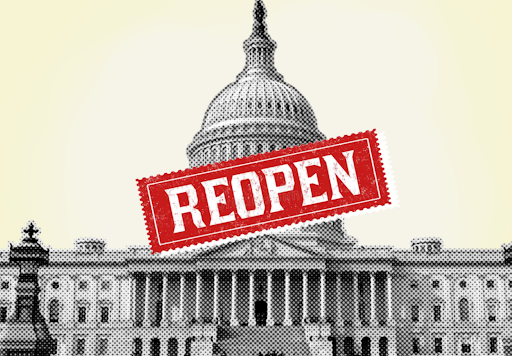

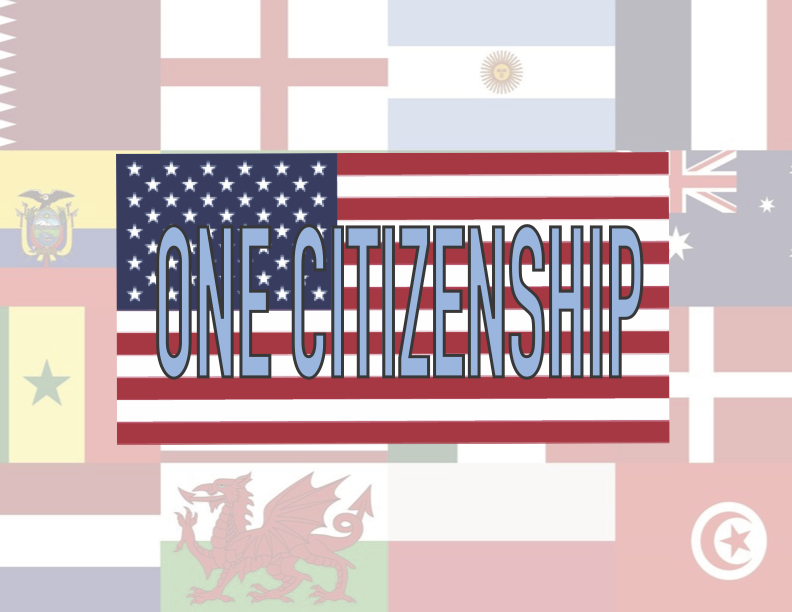


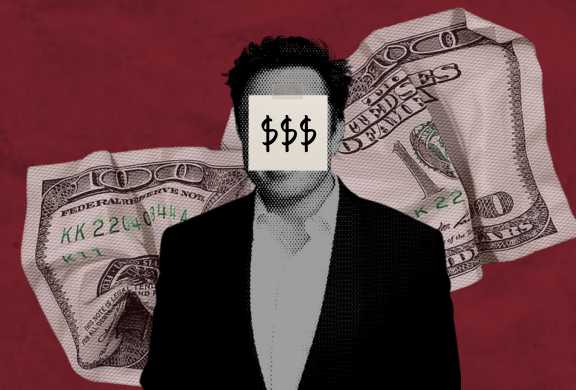







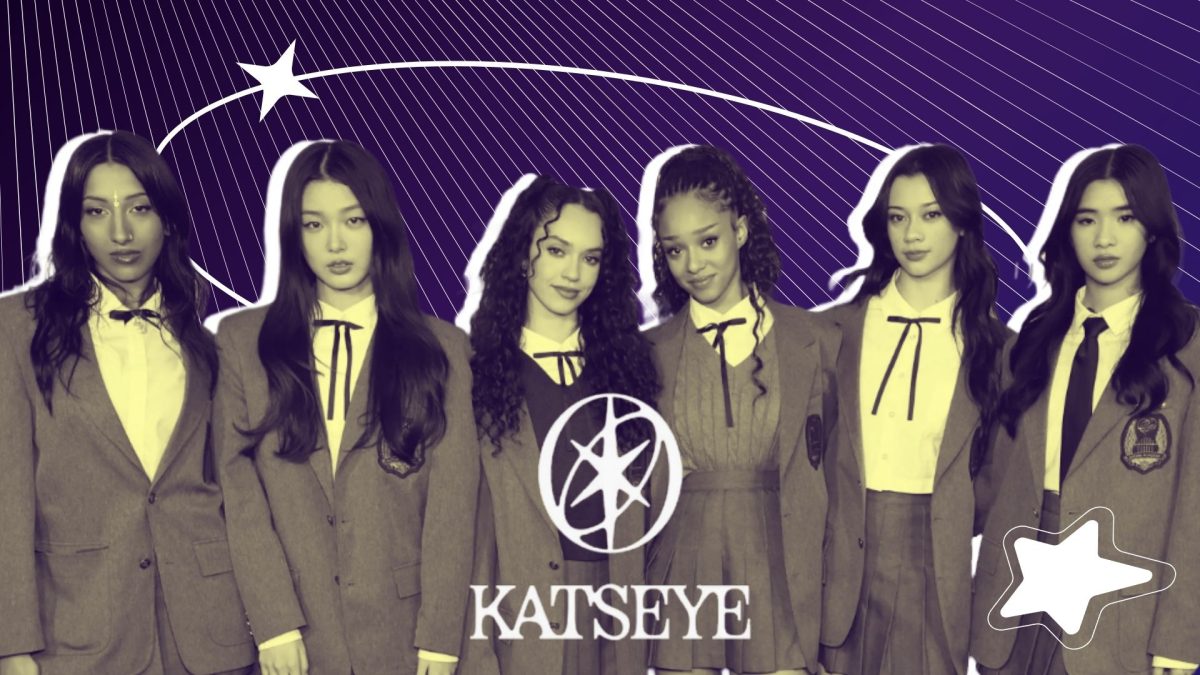
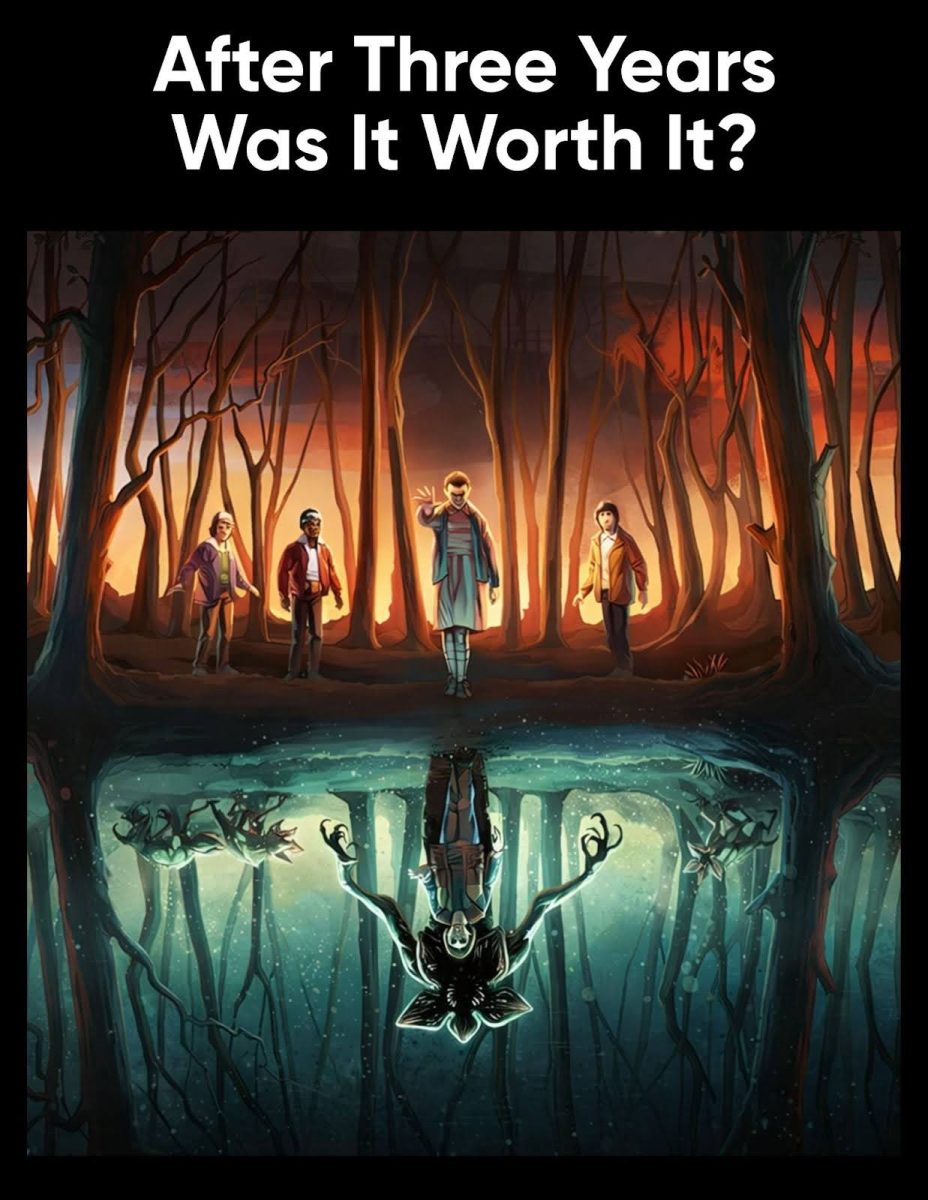
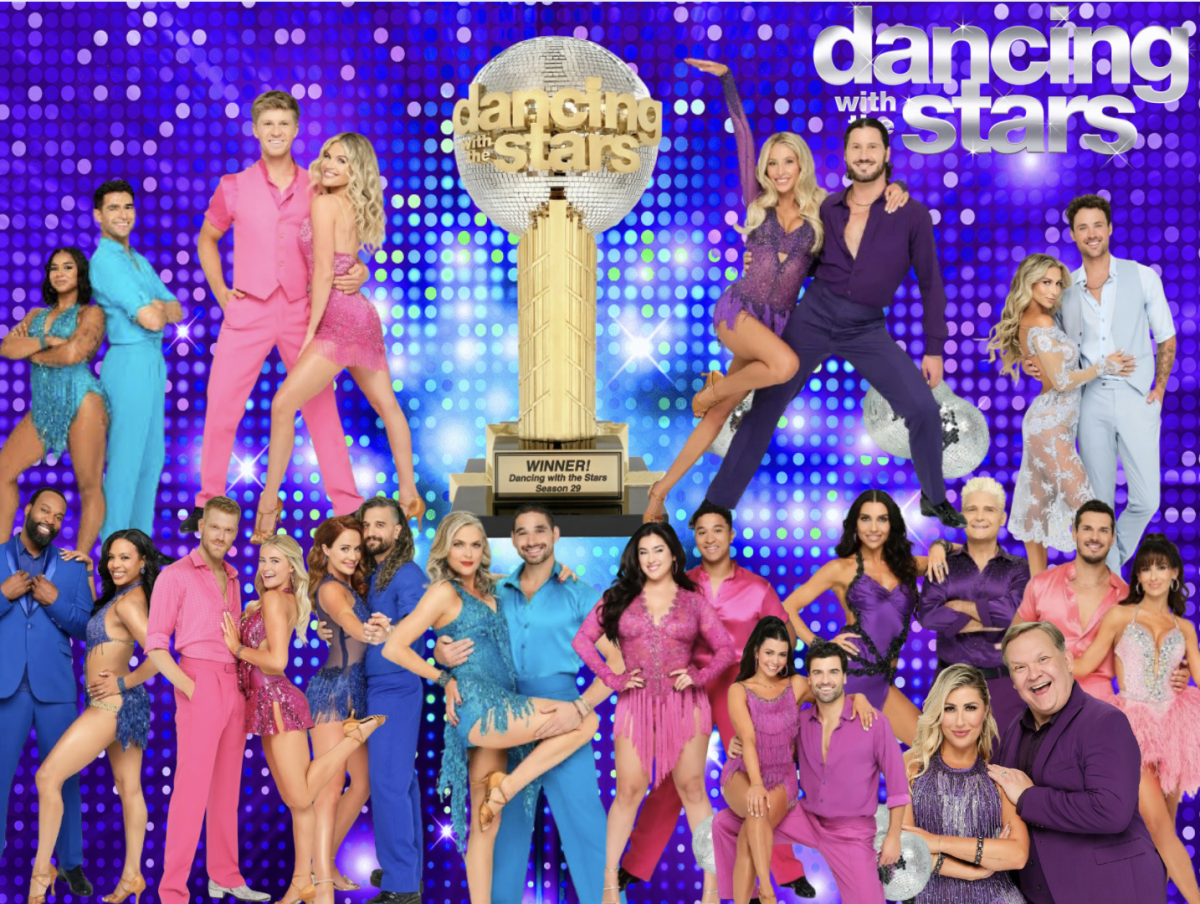

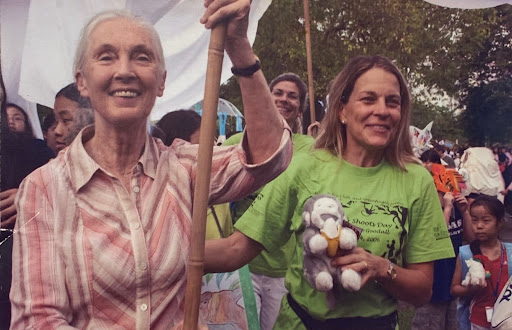
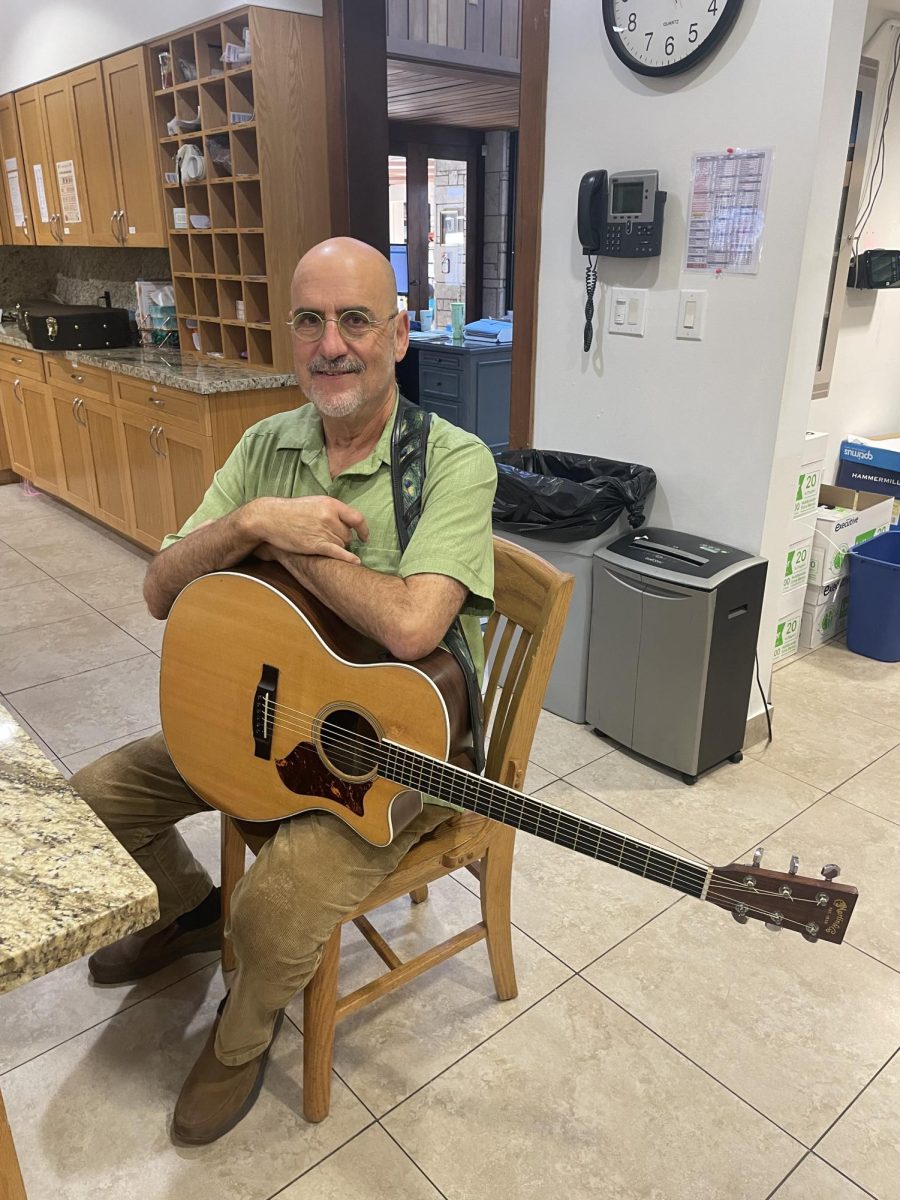
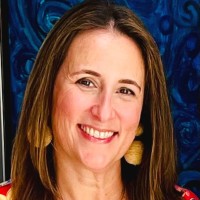
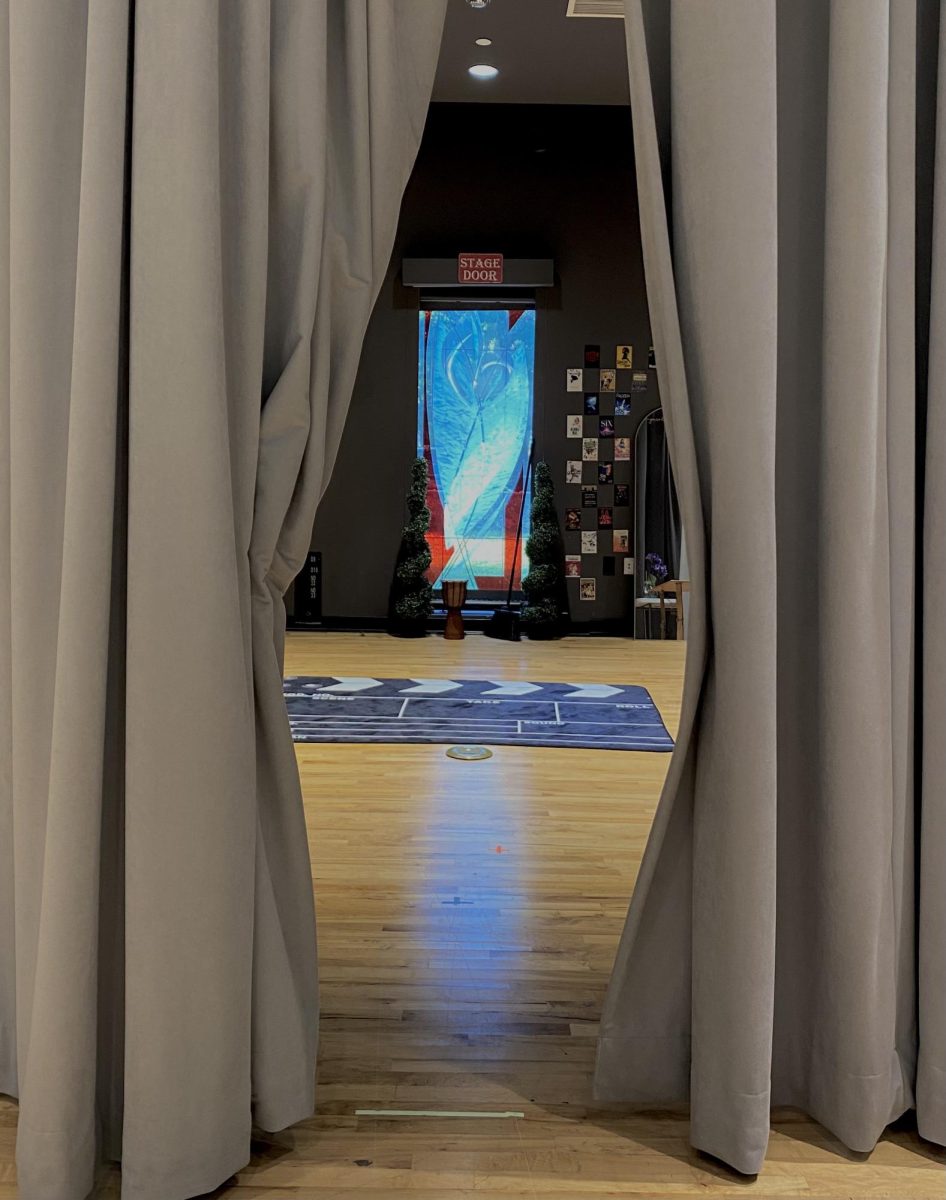


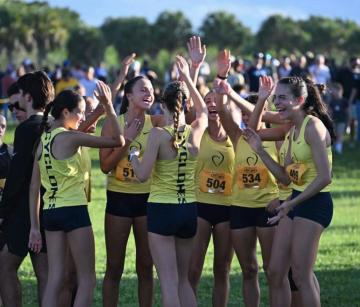

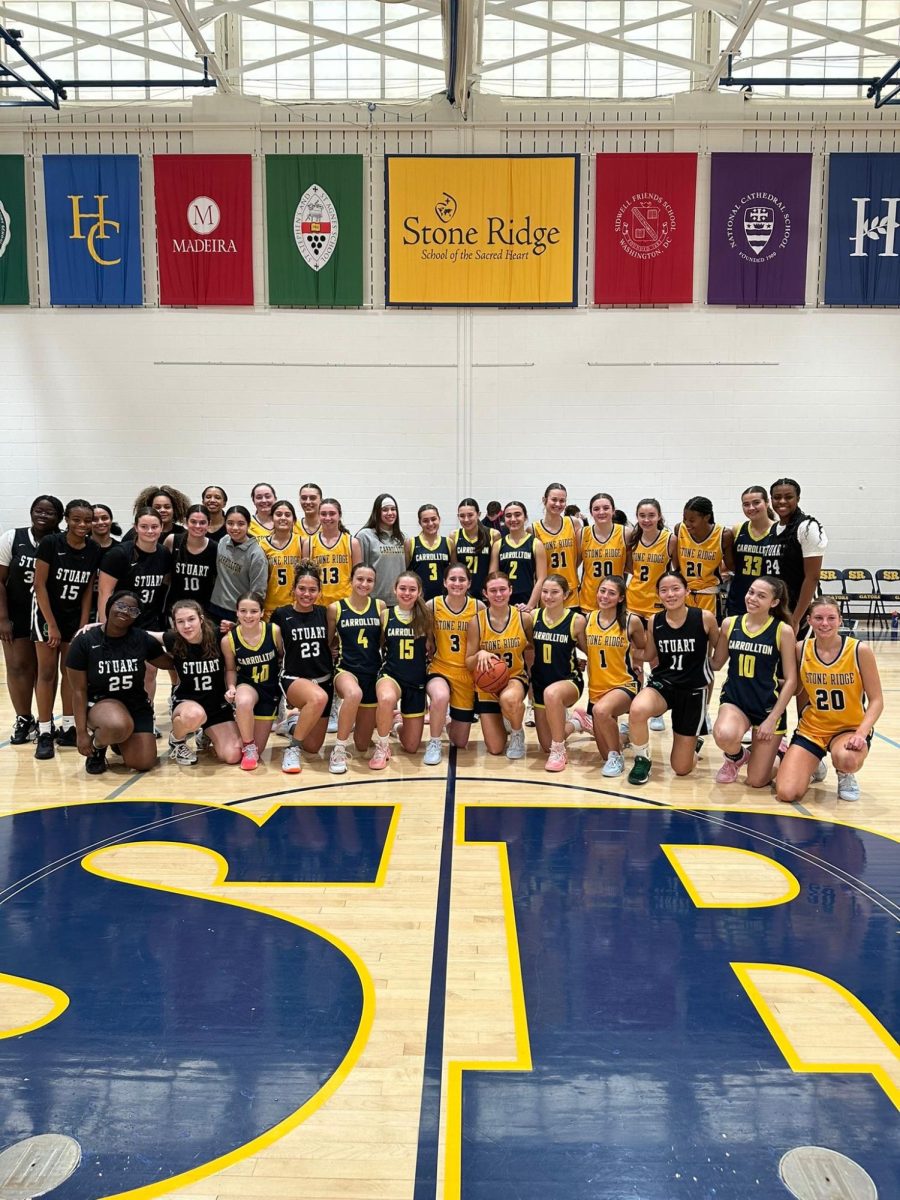
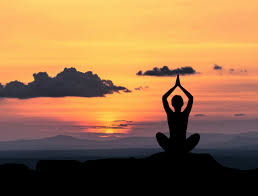
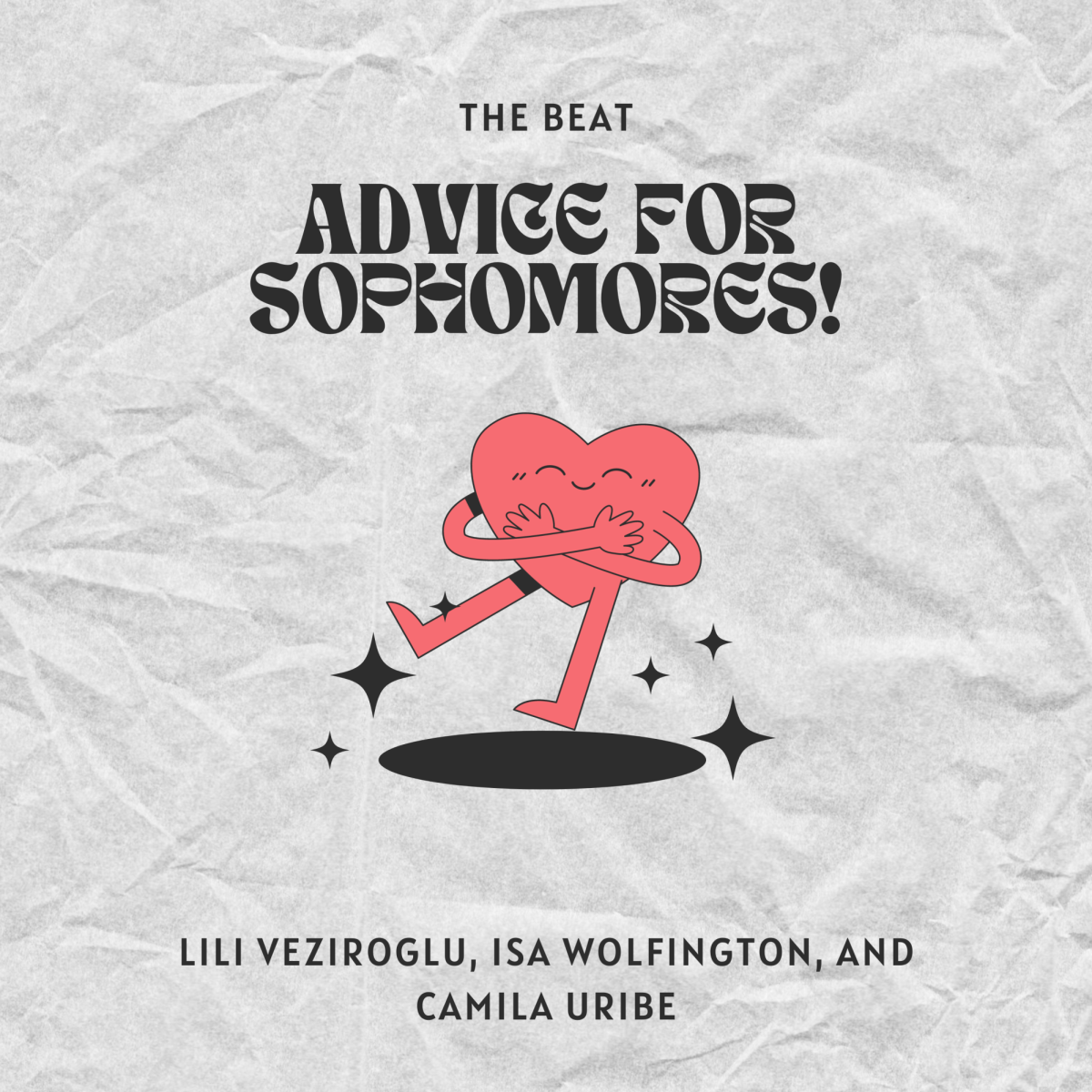



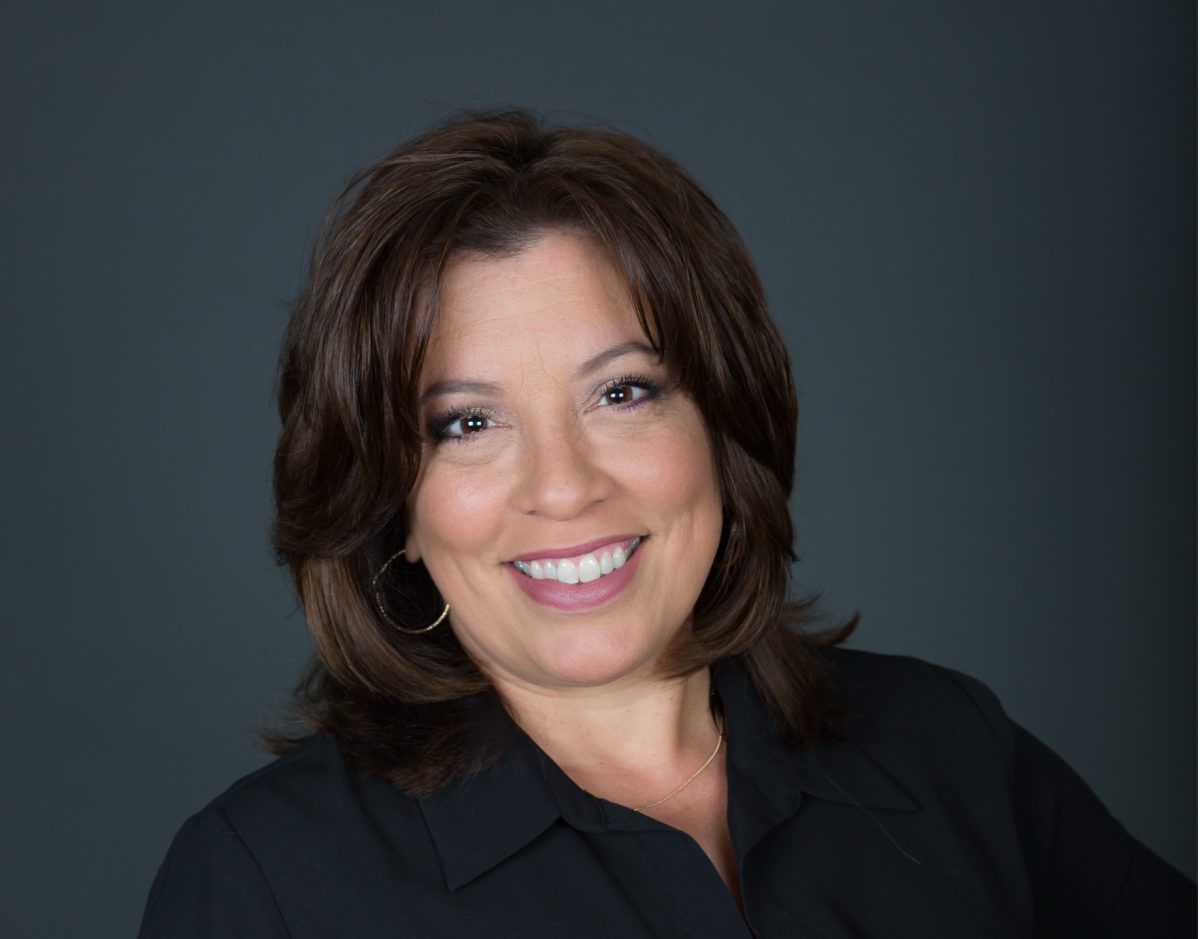
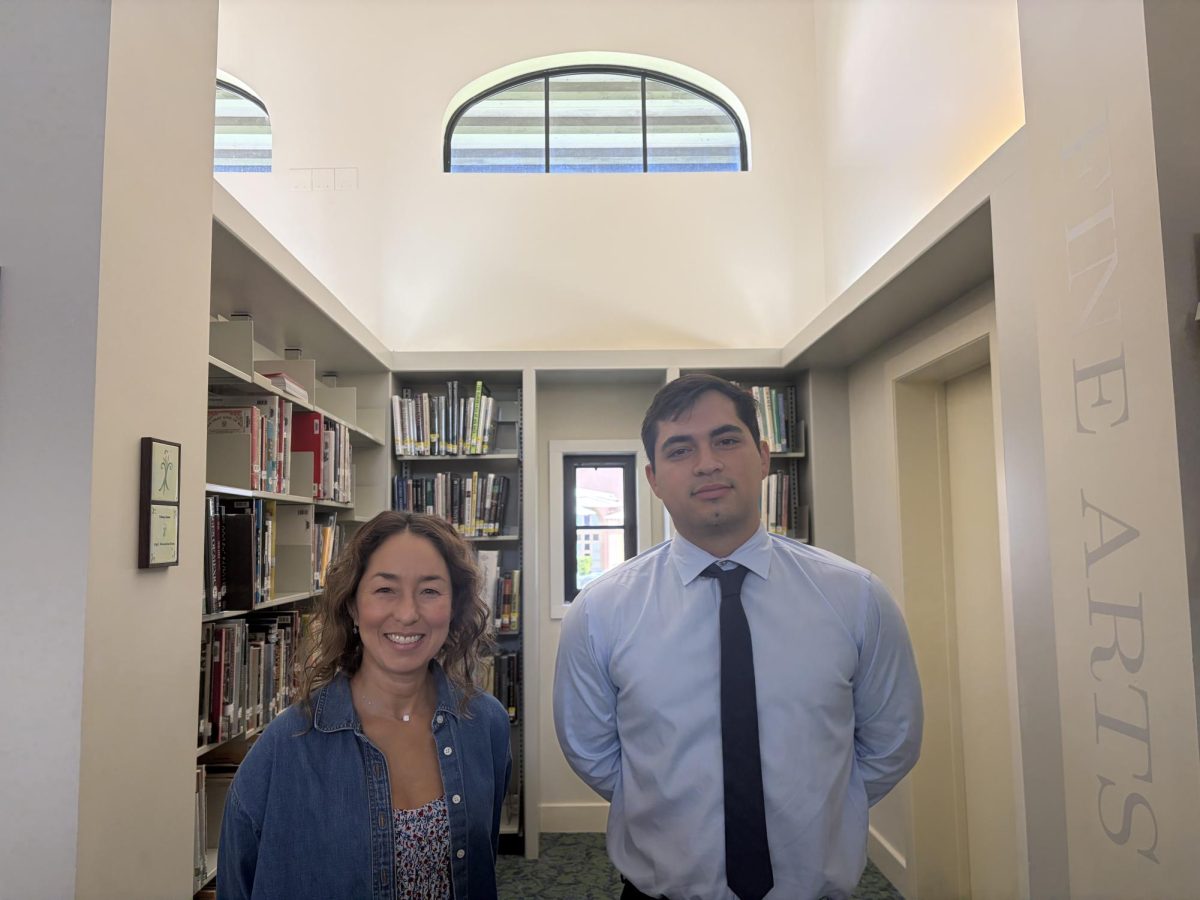
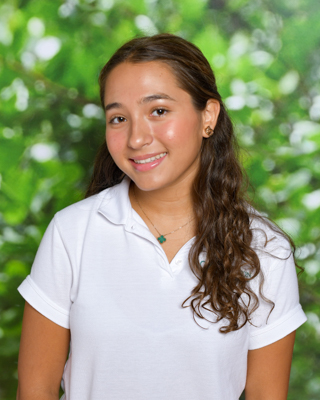
Michele Patterson • May 6, 2024 at 9:34 am
Well done!
Louris Otero • May 6, 2024 at 9:18 am
Great interview, Ale! I think you captured Judge Becerra’s character beautifully!
Nina Heffron • Apr 17, 2024 at 9:51 am
Amazing interview Ale!